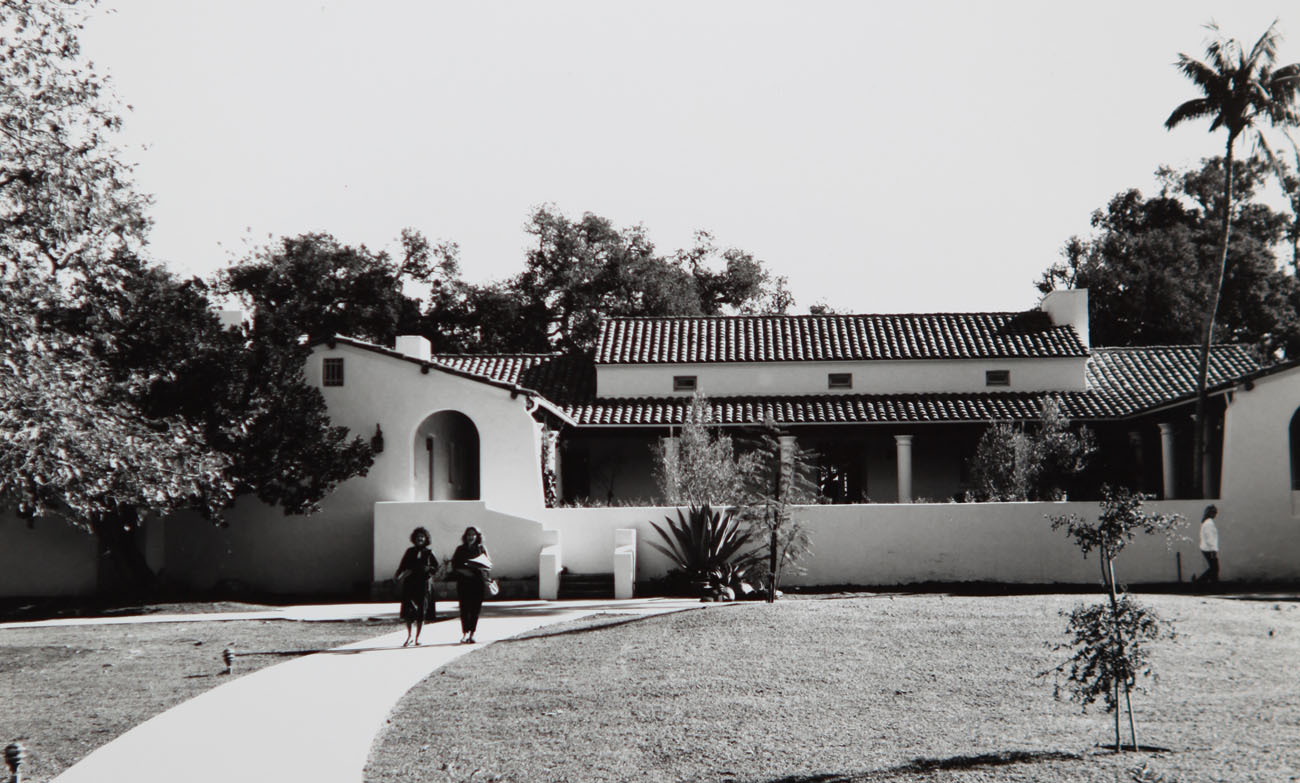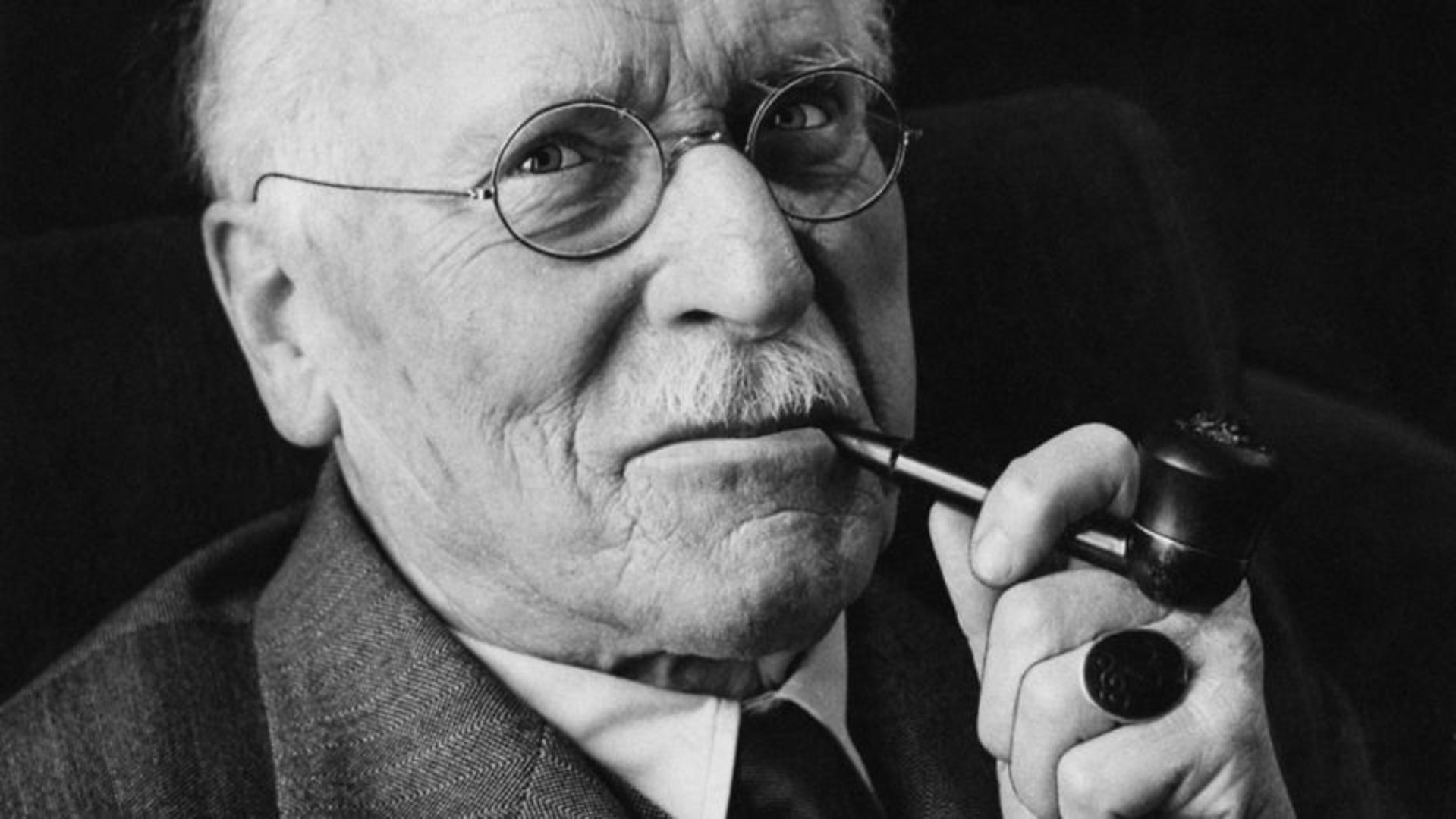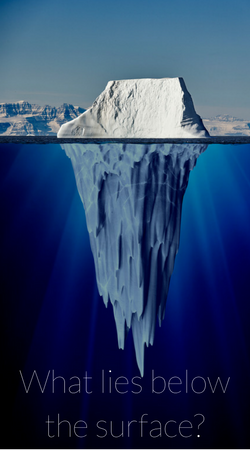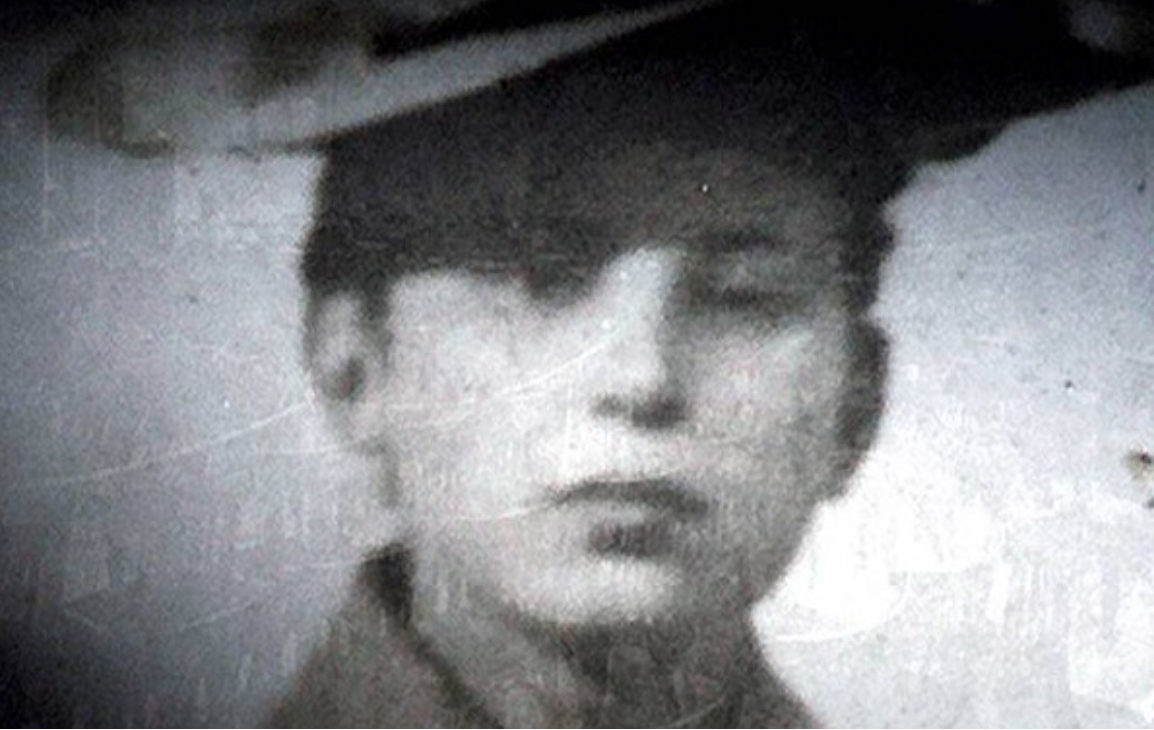Just minutes from one of the most beautiful isolated beaches, nestled among old-growth oaks between the mountains and the sea, lies Pacifica Graduate Institute. Founded over 40 years ago in Isla Vista, California, Pacifica's mission is to foster creative learning and research in the fields of psychology, mythology, and the humanities, framed in the traditions of depth psychology by creating an educational environment with a spirit for free and open inquiry. Pacifica is dedicated to cultivating and harvesting the gifts of the human imagination.
Read More







